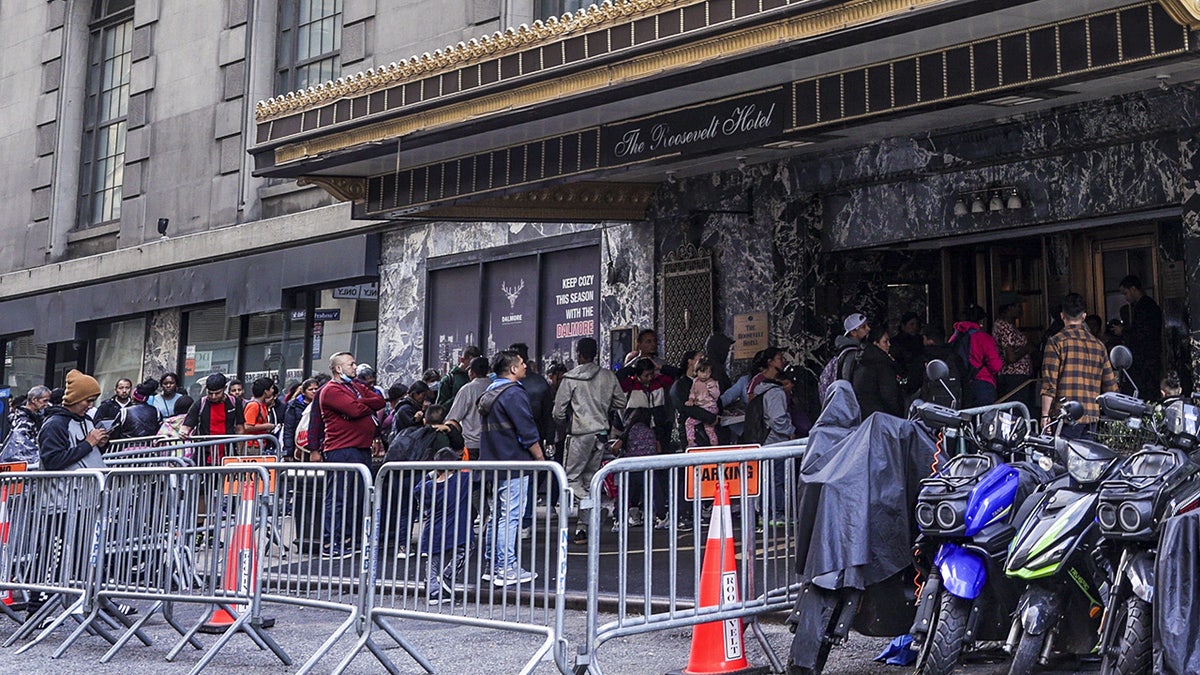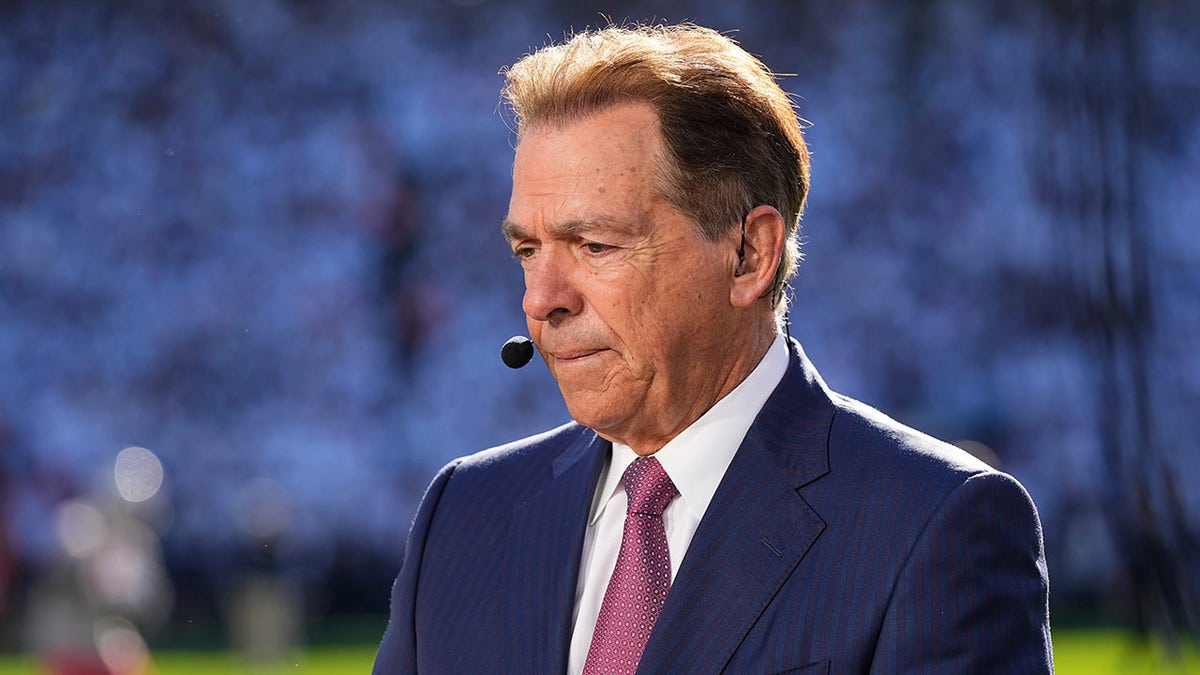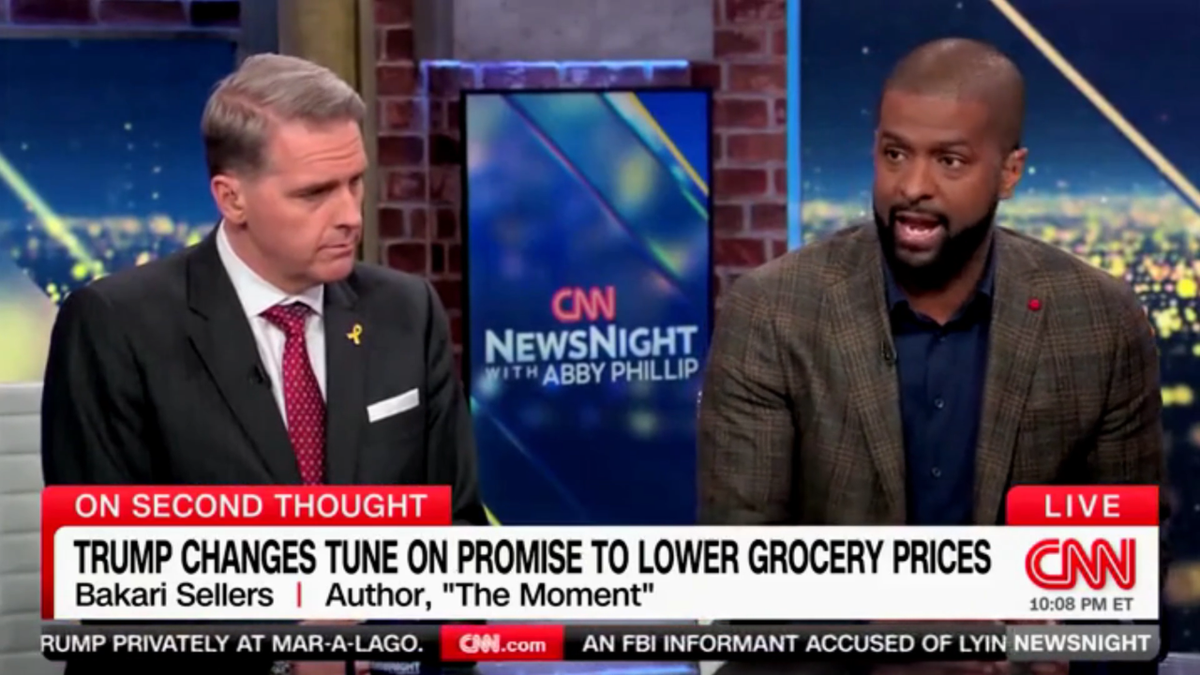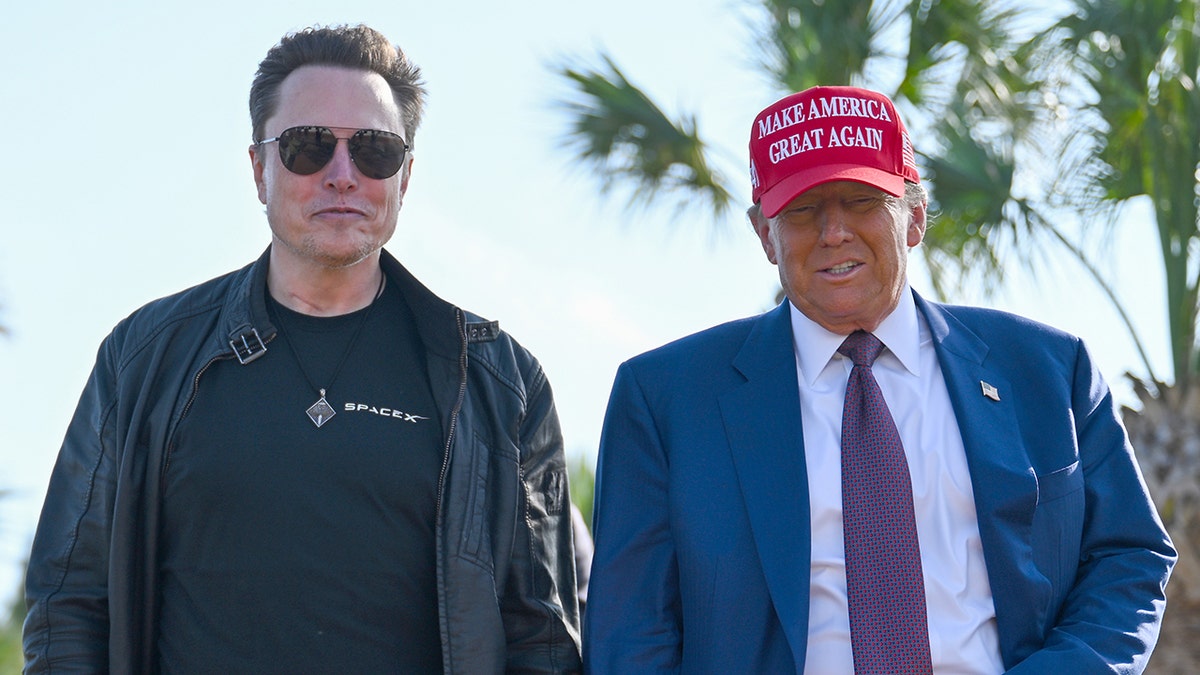Popular radio personality Charlamagne Tha God has publicly discouraged President Biden from issuing preemptive pardons to individuals perceived as political adversaries of President-elect Trump. Charlamagne expressed his concern that such pardons could create an impression of guilt, suggesting that the focus should instead be on granting clemency to non-violent offenders currently incarcerated.
During a recent appearance on "The Breakfast Club" radio show, Charlamagne stated, "I don’t think President Biden should do preemptive pardons. It makes people look guilty." He further emphasized that the president's priority should be pardoning individuals serving federal sentences for non-violent drug offenses.
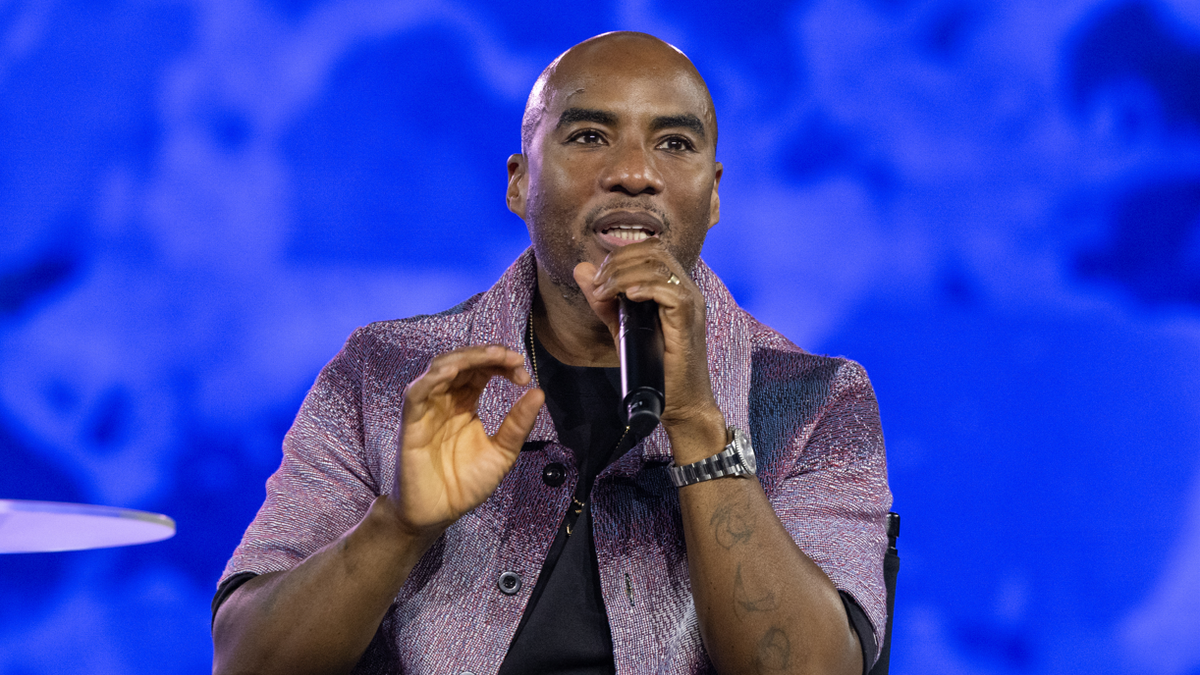
This statement comes in the wake of reports that the White House is considering pardons for high-profile figures who have clashed with President-elect Trump, including Dr. Anthony Fauci, Senator-elect Adam Schiff, and former Representative Liz Cheney. While White House Counsel Ed Siskel is reportedly leading discussions on these potential pardons, President Biden has not yet participated in these conversations.
Charlamagne's position echoes similar sentiments from other public figures, including former President Bill Clinton, who recently expressed his willingness to discuss the matter with President Biden but refrained from offering public advice on presidential pardons. Charlamagne reiterated his stance, specifically mentioning Marilyn Mosby, the former Baltimore state attorney, as an example of someone deserving of a pardon.
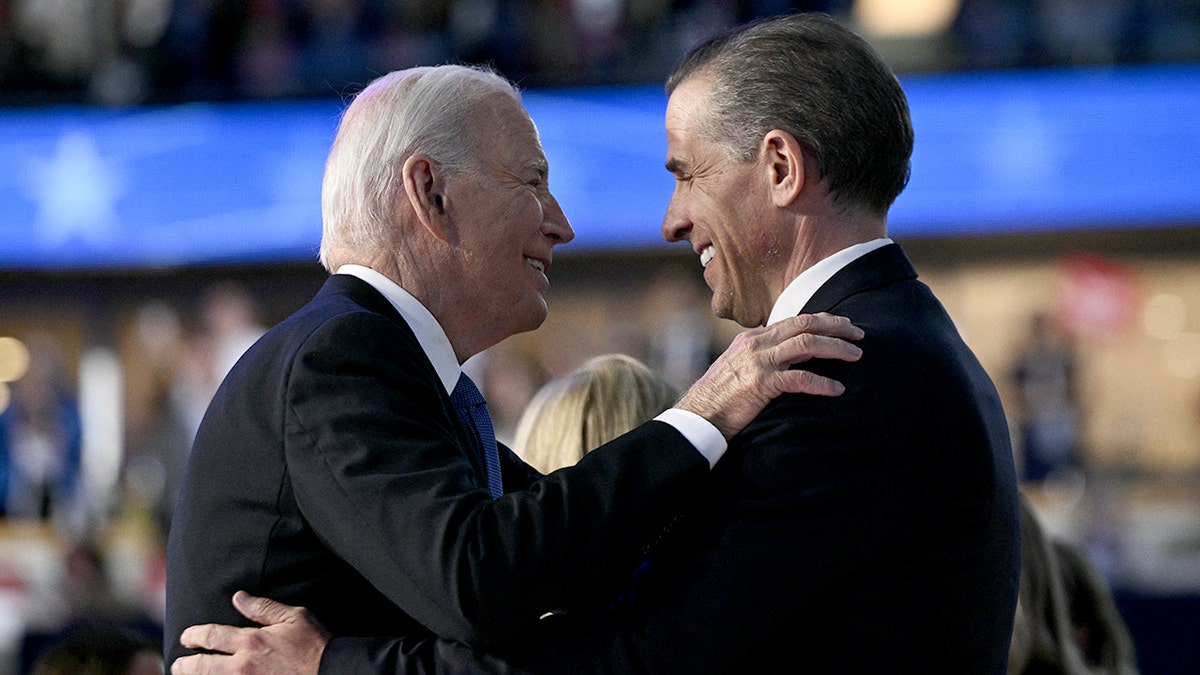
While co-host DJ Envy argued in favor of preemptive pardons as a protective measure against potential actions by President-elect Trump, Charlamagne countered, suggesting that such pardons could imply that Trump possesses undisclosed information warranting these actions. He questioned the rationale behind preemptive pardons, highlighting the potential perception of pre-admitting guilt.

Other prominent voices, such as Washington Post journalist Ruth Marcus, have also cautioned against preemptive pardons, arguing that such actions could establish an undesirable precedent for future presidents. This ongoing discussion highlights the complex considerations surrounding presidential pardons and their potential implications.


